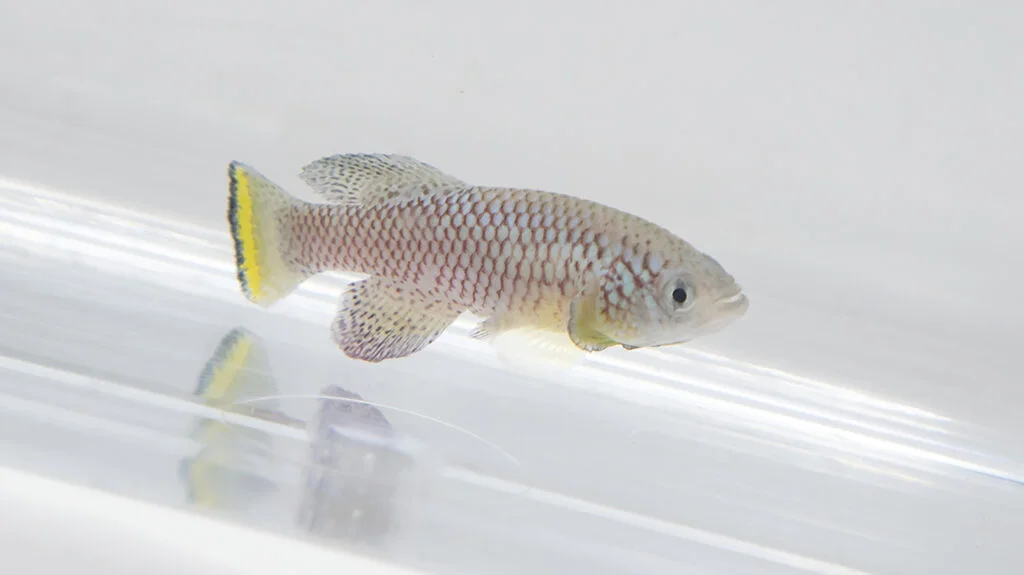A research team at the Max Planck Institute for Biology of Aging used short-lived killifish to investigate whether the immune system ages.
As we get older, our immune systems function worse. We are becoming more susceptible to infections and vaccinations are no longer as effective. A team of researchers led by Dario Riccardo Valenzano at the Max Planck Institute for Biology of Aging in Cologne examined whether the immune system ages in short-lived killifish. In fact, they found that old killifish have fewer different circulating antibodies compared to younger fish. This could contribute to a general deterioration in the immune system.
The immune system must constantly react to new attacks from pathogens and memorize them in order to be protected against the next infection. For this purpose, the B cells build up an information memory and produce a variety of antibodies that can directly recognize the pathogens.
“We wanted to know what the antibody repertoire is like as we age,” explains Dario Riccardo Valenzano, who led the study. “It is difficult to study a person's immune system over their entire life because people live for a very long time. In addition, in humans you can only examine antibodies in peripheral blood, as it is problematic to get samples from other tissues. For this reason we used the killifish. It is very short-lived and we can obtain samples from different tissues.”
Source: Medizin.NRW
